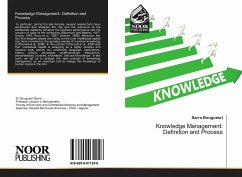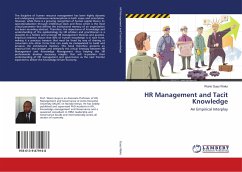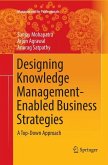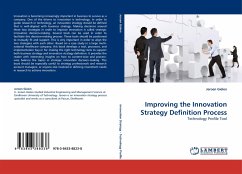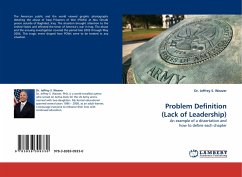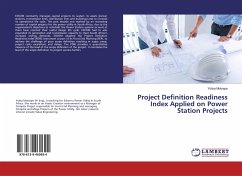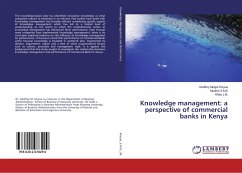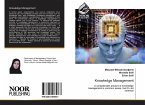In particular, during the last decade, several researchers have contributed and analyzed the role and the relevance of the Intellectual capital to enhance the business performance and the creation of value of the companies (Edvinsson and Malone, 1997; Sveiby, 1997; Roos et al., 1997; Sullivan, 1998). Moreover, the fact that tangible assets are losing control over Intellectual capital has been revealed by the growing volume of business knowledge (O'Donnell et al., 2000). In this context, O'Donnell et al., 2000 said that 'intellectual capital is emerging as a highly complex and dynamic fuzzy activity set, embracing language, experiences, history, culture, processes, understandings, interactions, interpretations, routines, information, data and knowledge'. In this book, we will try to analyze the main process of knowledge management as an important tool to mange the knowledge of human capital in the firm.
Bitte wählen Sie Ihr Anliegen aus.
Rechnungen
Retourenschein anfordern
Bestellstatus
Storno

